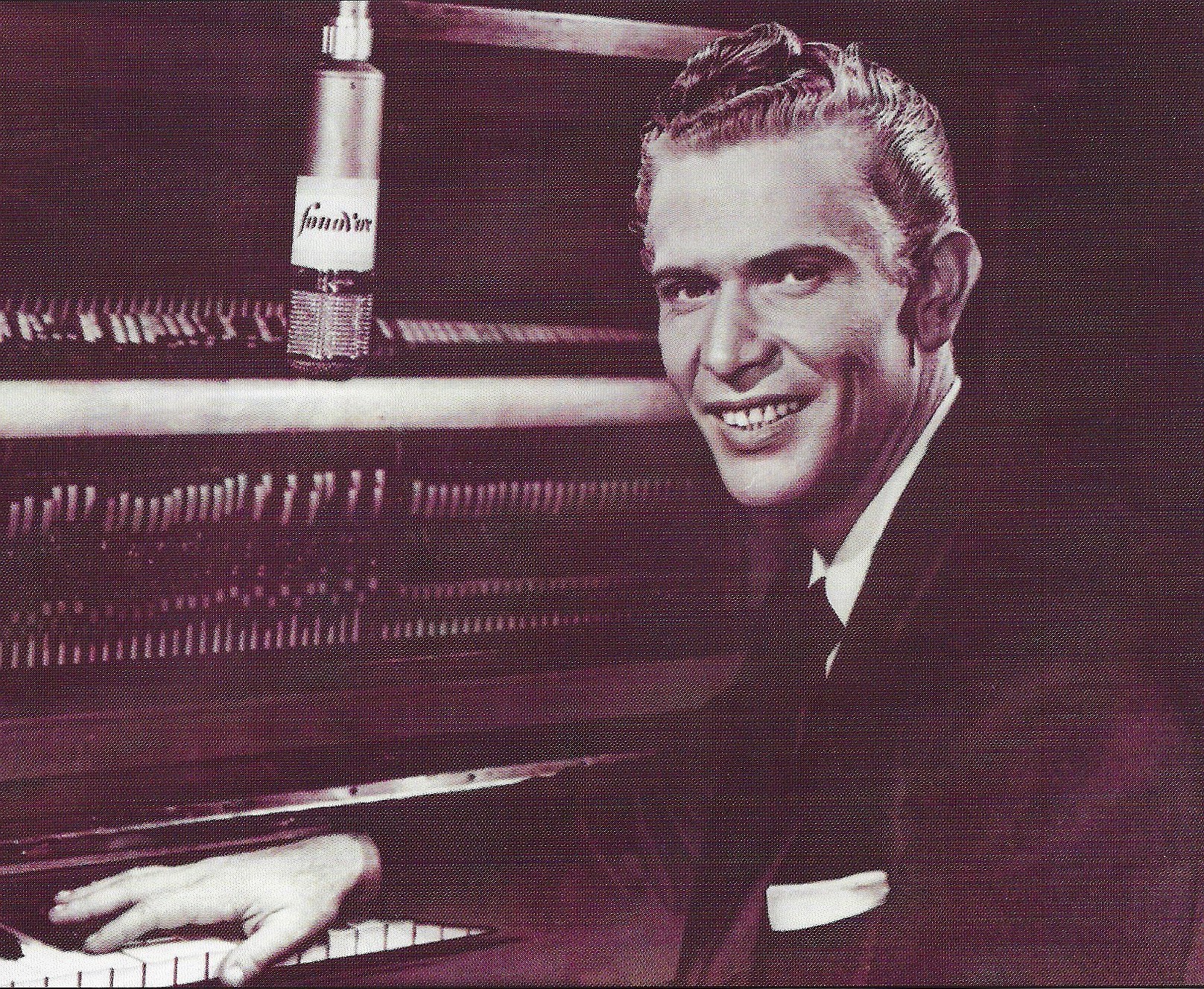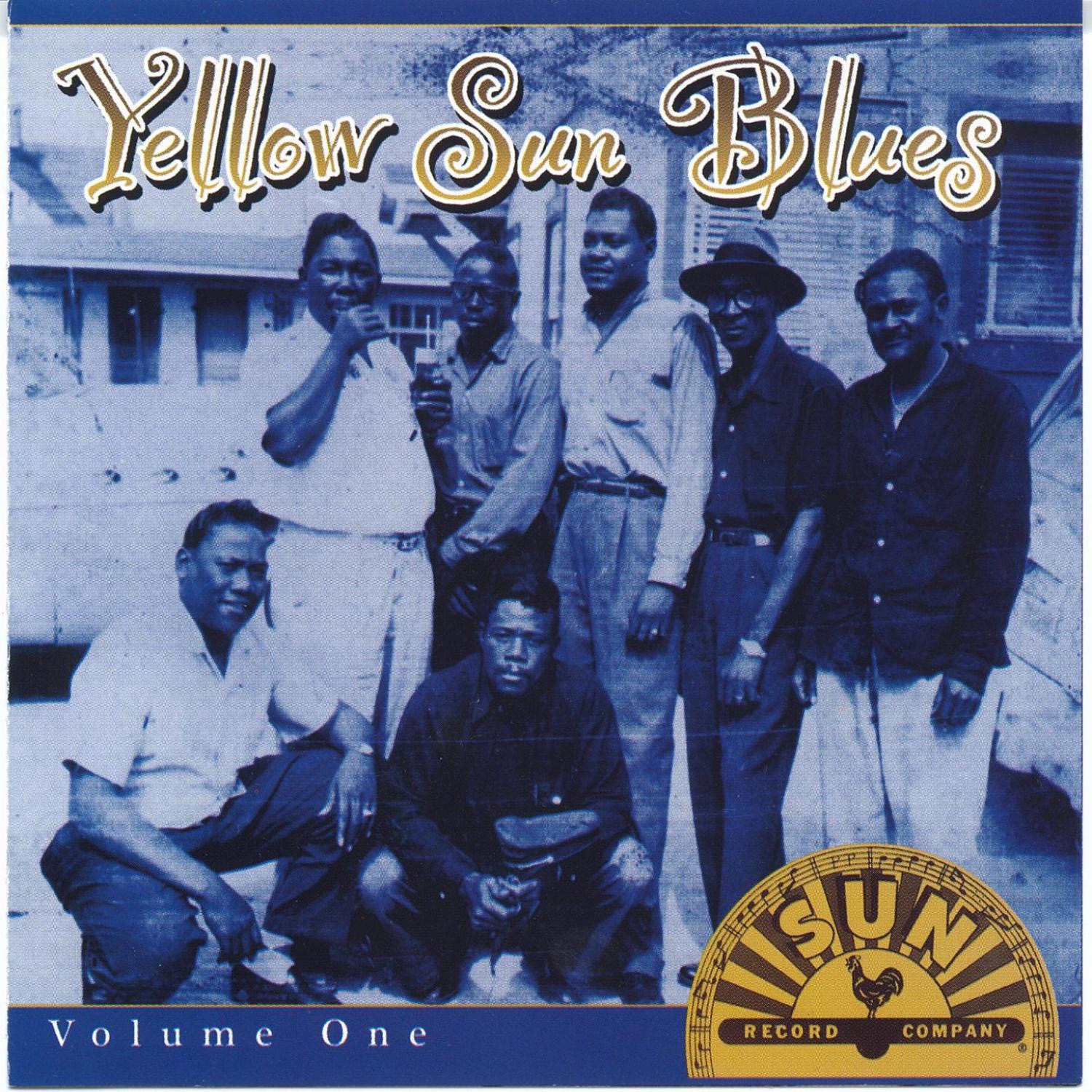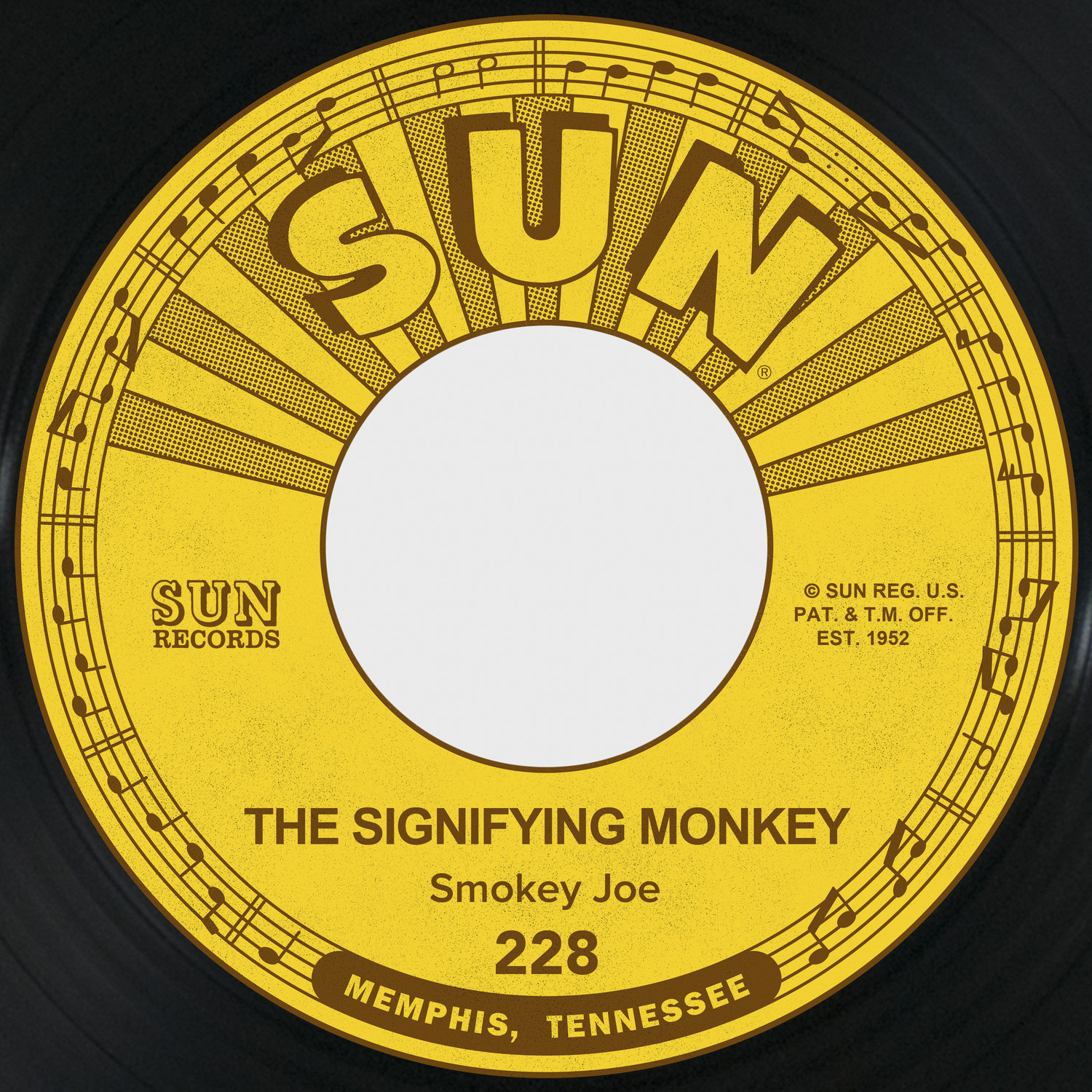Smokey Joe Baugh Biography
Smokey Joe Baugh — who was sometimes credited simply as “Smokey Joe” — was one of the more unusual and mysterious figures hovering around the mid-’50s music scene in Memphis. He was born in Helena, AR in 1932, and by age 14 had started playing piano at least semi-professionally in Memphis and West Memphis. He later became a member of the Shelby Follin Band, which brought him into contact with guitarist Paul Burlison — and, in turn, Baugh would get some of his first wide local exposure of the radio, teamed up with Burlison playing with Chester “Howlin’ Wolf” Burnett on West Memphis radio station KWEM. He later played and recorded with Clyde Leoppard’s group the Snearly Ranch Boys, who were associated with Sun Records — they recorded the single “Split Personality” b/w “Lonely Sweetheart,” which got them booked onto some of the Sun package tours covering the south.
It was at Sun that Baugh aspired to serious stardom. His raspy voice was distinctive and unusual enough — and seemed to fit the notion that Sam Phillips had long held as a benchmark, a white artist who could sing like a black man — to get him a shot at a recording contract of his own. He cut his first session later in 1955, and found himself billed as “Smokey Joe”; this may have been a conscious effort on Phillips’ part to create some ambiguity in Baugh’s identity, for the benefit (or to the profitable confusion) of listening audiences. As it turned out, only two songs were ever released from his four sessions: “The Signifying Monkey” b/w “Listen to Me Baby”.” That record made some noise locally in the late summer and early fall of 1955, and as it turned out, far beyond the boundaries of Memphis “Smokey Joe” did, indeed, show a special appeal among African-American listeners. This fact was brought home when he was invited to play the Apollo Theatre in Harlem. Baugh might have gone on to be another Moon Mullican or Jerry Lee Lewis, or even Merrill Moore, but for reasons that weren’t clear to anyone at the time, Sam Phillips started keeping him at arm’s length soon after his debut release, this despite Phillips’ personal enthusiasm for the brand of barrelhouse blues at which Baugh excelled.
Sun didn’t issue anything else from Baugh’s recording sessions at the time. It was, thus, an amazing discovery to listeners three decades or so later, when Baugh’s groundbreaking Hawaiian record, “Hula Bop,” dating from 1955, finally surfaced. Baugh kept busy in various band settings, including records by Warren Smith, Jumpin’ Gene Simmons, Carl Perkins, and Barbara Pittman, amongst other artists. He worked with the Bill Black Combo during the ’60s and started his own country outfit, the Midnite Cowboys, in 1970 with guitarist Buddy Holobaugh — by then, he had moved to Waco, TX, as a by-product of his chaotic personal life. The secret behind Baugh’s lack of success lay in the fact that he was a chronic substance abuser, involving both booze and pep pills, problems he apparently never fully licked; according to Colin Escott; as of the second half of the ’60s Baugh owed money to too many people on the Memphis music scene, and so he headed to Texas. He passed away in Monterey, CA in 1999 at the age of 67. ~ Bruce Eder, Rovi



